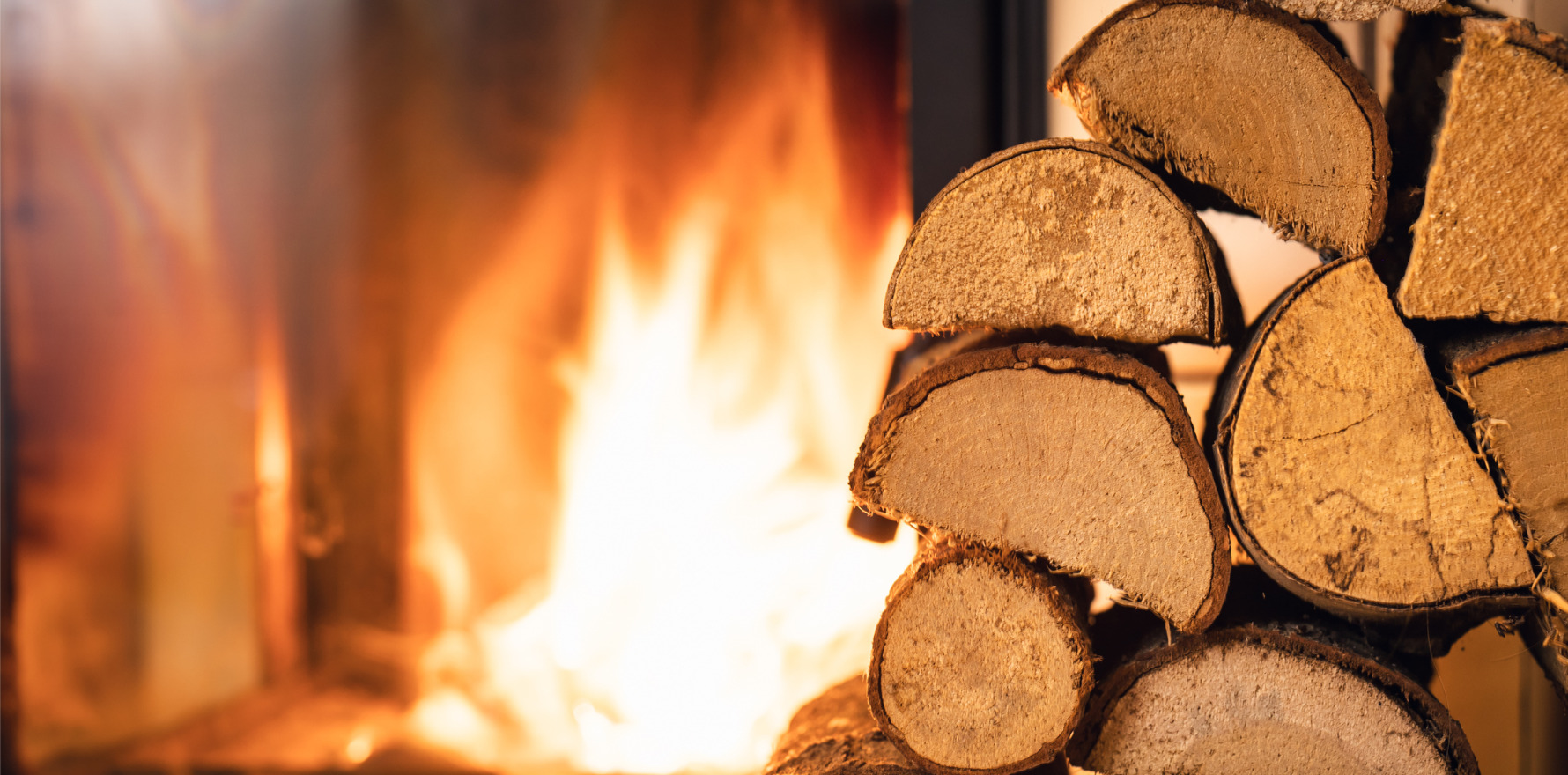Asthma Australia has responded to the news with a call to action on the sale and installation of new wood heaters.
New national modelling has exposed the deadly toll of wood heater smoke in Australia, linking it to hundreds of premature deaths and widespread exposure to dangerous air pollution.
With fine particle emissions triggering asthma, heart attacks, strokes and even cancer, researchers say the health risks are far worse and more widespread than previously understood.
The Centre for Safe Air, University of Tasmania researchers calculated the health impact of wood heater emissions in Australia during 2015.
They estimated that 729 people die prematurely each year as a result of long-term exposure to wood heater smoke.
Wood heater smoke is a major source of fine particulate matter (PM2.5), a known trigger for asthma. While short-term exposure to PM2.5 tends to worsen existing conditions like asthma, long-term exposure can lead to reduced lung function, the development of asthma and/or faster progression of the disease.
New South Wales led the nation with the highest total wood heater emissions of PM2.5 particle pollution (12.3 million kg/year) and the highest number of estimated premature deaths from wood heater pollution (382/year). This equates to five people dying prematurely each year for every 100,000 people, making NSW the state with the heaviest burden on public health.
Results for other states (in order of highest to lowest emissions) included:
- Victoria: Emissions were 6.9 million kg/year and estimated premature deaths 163 per year. This represents 2.7 deaths per 100,000 people, reflecting a significant but comparatively lower health impact than NSW.
- South Australia: Emissions were 4.5 million kg/year and estimated premature deaths 69 per year. This represents 4.1 deaths per 100,000 people
- Tasmania: Emissions were 3.9 million kg/year and estimated premature deaths 21 per year. This represents four deaths per 100,000 people.
- Queensland: Emissions were 3.4 million kg/year and estimated premature deaths 58 per year. This represents 1.2 deaths per 100,000 people.
- Western Australia: Emissions were 3.4 million kg/year and estimated premature deaths 27 per year. This represents one death per 100,000 people.
- ACT: Emissions were 321,013 kg/year and estimated premature deaths nine per year. This represents 2.2 deaths per 100,000 people.
- Northern Territory: Emissions were 49,121 kg/year and estimated premature deaths of zero per year. This represents 0.2 deaths per 100,000 people.
Professor Fay Johnston, public health physician and environmental epidemiologist from the Centre for Safe Air, said it was important to note that these were conservative estimates.
“The true health impact from wood heaters could well be higher,” she said.
“Our data is derived from national-scale modelling, which is essential for giving governments a clear, consistent overview to guide policy and resource allocation.
“However, it’s important to recognise that some areas – like Tasmania, Canberra and Armidale in New South Wales – have local studies and real-world monitoring data showing even worse wood heater pollution levels and health outcomes than the national model suggests.”
Asthma Australia spokesperson Dr Chris Pearce said it was an important study.
“Lighting a wood heater may feel like a personal choice, but the smoke doesn’t stay in your chimney. It spreads throughout communities, putting children, the elderly and people with chronic health conditions at serious risk,” he said.
Related
“Wood heater smoke is a potent trigger for asthma – it inflames the airways, reduces lung function and can send people to hospital.
“For the 2.8 million Australians living with asthma, especially children and older adults, even low levels of smoke can be dangerous. Some experts in the field even compare the health effects of wood heater smoke to passive smoking.
“No one should have to fight to breathe in their own home or community.”
The lack of a mandatory, comprehensive phase-out policy in urban or high-density areas of Australia means wood heater smoke remains a persistent health issue in many regions.
Asthma Australia has called on all state and territory governments, particularly NSW, Victoria, Tasmania and South Australia, to introduce a phased ban on the installation and sale of wood heaters in urban and high-density areas, replacing them with low-emission alternatives like reverse-cycle air conditioners.
“Fewer wood heaters would mean cleaner air, fewer asthma flare-ups and less need for emergency care during winter,” said Dr Pearce.
“Every year, we hear from families whose children or elderly relatives end up in hospital simply because someone nearby is using a wood heater. This is avoidable harm.
“Reducing emissions from wood heater use in built-up areas is one of the simplest and most effective ways we can protect people with asthma and other chronic lung conditions.”





